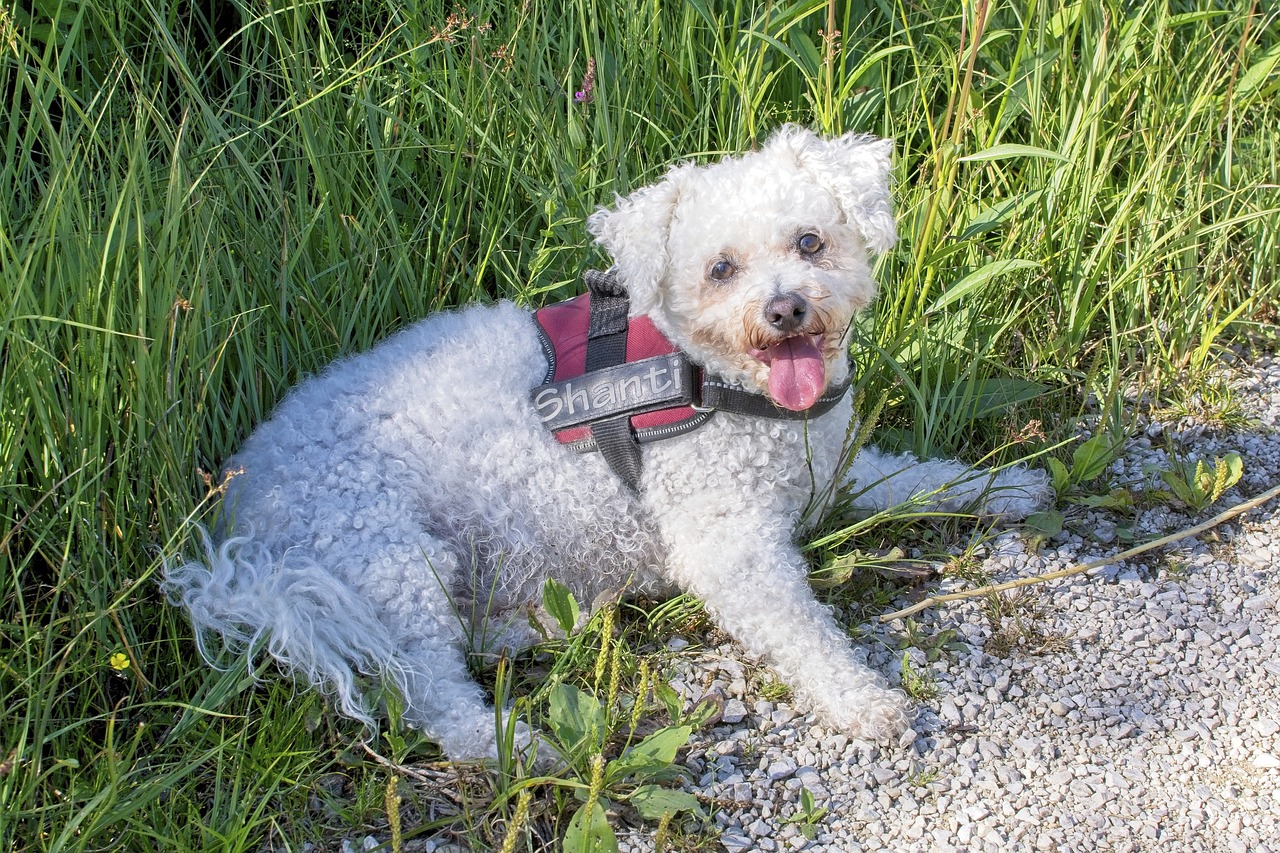The Bichon Frise, with its fluffy white coat and cheerful disposition, is often celebrated as an ideal companion pet. Known for their playful nature and affectionate personalities, Bichons have become a popular choice for families and individuals alike. However, it’s essential to acknowledge that owning a Bichon Frise also comes with its unique set of challenges. This article aims to provide a balanced perspective by discussing seven downsides to owning a Bichon Frise. While these points highlight certain difficulties, they do not detract from the numerous positive qualities that make Bichon Frises beloved pets. Understanding these challenges is crucial for potential owners to ensure they can provide the best care and environment for their Bichon Frise, leading to a harmonious and joyful relationship.
7 Reasons Why Bichon Frises Might Not Be Right For You
- High Grooming Needs: Bichon Frises require regular grooming to maintain their distinctive coat. Their fur can quickly become matted without frequent brushing, and professional grooming is often necessary, which can be time-consuming and costly.
- Prone to Allergies: Bichons can be prone to allergies, both environmental and dietary, which may require special care, regular vet visits, and possibly a specific diet to manage.
- Sensitive to Training Techniques: They are sensitive to harsh training methods. Positive reinforcement is necessary as they can become timid or anxious if handled roughly.
- Needs Constant Companionship: Bichon Frises thrive on human interaction and can suffer from separation anxiety if left alone for extended periods. This breed is best suited for owners who can spend a lot of time with their pet.
- Health Concerns: Like many purebred dogs, Bichon Frises can be susceptible to certain genetic health issues, including bladder problems and patellar luxation. Regular veterinary care is important for early detection and management.
- Not Ideal for Rough Play: Due to their small size, Bichon Frises are not suited for rough play and can be injured easily. They are best suited for families with older children or adults who can handle them gently.
- House Training Challenges: Bichon Frises can sometimes be challenging to house train. Consistency, patience, and positive reinforcement are key, but training can take longer than with some other breeds.
Owning a Bichon Frise can be a source of great joy and companionship. Their playful and affectionate nature makes them a delightful addition to any home. While there are challenges in caring for a Bichon Frise, understanding and preparing for these aspects can lead to a rewarding and loving relationship. With the right care and attention, Bichon Frises can be wonderful, lifelong companions who bring a lot of love and happiness to their families.
On The Other Hand…
5 Positive Qualities About Bichon Frises

- Affectionate and Friendly: Bichon Frises are known for their affectionate nature and friendliness. They tend to form strong bonds with their owners and are generally very sociable, making them great companions for both individuals and families.
- Hypoallergenic Coat: One of the most significant advantages of a Bichon Frise is their hypoallergenic coat. This makes them a suitable pet for people with allergies, as they are less likely to trigger allergic reactions compared to many other breeds.
- Adaptable to Various Living Situations: Due to their small size, Bichon Frises are highly adaptable to different living environments. Whether in an apartment or a house with a yard, they can be comfortable and happy as long as they have enough space to play and receive adequate attention.
- Intelligent and Trainable: Bichon Frises are intelligent and generally respond well to training. They are quick learners and can excel in obedience training, making them both fun and rewarding to train.
- Good with Children and Other Pets: Typically, Bichon Frises are good with children and can coexist peacefully with other pets. Their gentle and playful nature makes them a good choice for families looking for a non-aggressive and friendly pet.
Bichon Frises are a delightful breed, offering a combination of affection, hypoallergenic qualities, adaptability, intelligence, and a child-friendly disposition. These traits make them well-suited to a wide range of owners and living situations. Their charming personality and lovable nature make them cherished companions in many homes.
 Toledo, United States.
Toledo, United States.